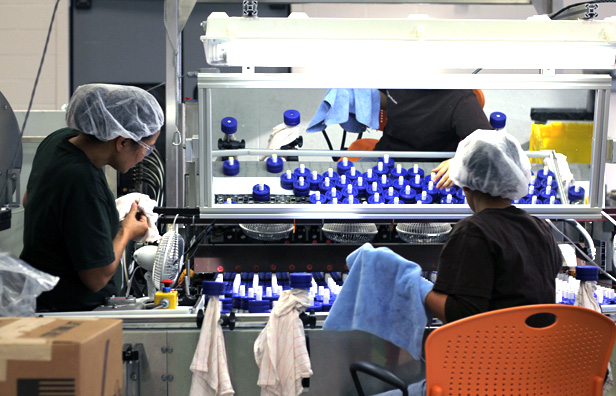4 Sustainability Trends To Watch in 2024
Brands are increasingly looking for third-party eco-certifications as a strategy to cut down on greenwashing claims. Expect such requirements to intensify in the new year.
As we round the corner to a new year, most companies are conducting annual reviews, setting goals, and revisiting their values. Navigating modern business with appropriate awareness is no easy task, but one thing’s for certain: You’ll want to continue – or start – placing emphasis on your social and environmental impact amid your fourth-quarter reflections and upcoming aspirations.
The overarching theme across all industries moving into 2024? Sustainable business practices are no longer optional. While companies that were mission-driven from inception are thrilled to see more responsible behaviors take hold, the fact that sustainability is “trending” comes with its own set of challenges. Here, a handful of promotional business owners weigh in on several areas of sustainability worth watching – and getting involved in – as we forge a realistic path forward.
1. Cracking Down on Greenwashing

In the Wild West of marketing, words like “eco-friendly,” “natural,” “sustainable” and “green” are open to infinite interpretations. Businesses all along the supply chain can help the industry create standards of practice and uphold collective integrity by asking questions, requesting documentation and learning more about their partners’ practices before buying.
2. Making Third-Party Certifications a Must

To answer questions of proof, many companies are relying on audits from outside eyes. Official third-party certifications such as EcoVadis ratings or B Corp status on the company level, and OEKO-TEX and Global Organic Textile Standard (GOTS) on the product level, are becoming expected pieces of documentation on RFPs.
3. Addressing PFAS – Again

Mirum is a plant-based, plastic-free material that can mimic the look of leather to create climate-friendly footwear, fashion and accessories.
Back for another year on the sustainability trends list is the need to address PFAS. Polyfluoroalkyl substances, known as “forever chemicals,” are found in outdoor and leisure apparel, cookware and other items such as an industry favorite: the stress reliever ball. According to the Environmental Working Group, these chemicals “pollute water, do not break down, and remain in the environment and people for decades.” As of July, at least seven states have passed PFAS restrictions or reporting requirements for a range of consumer products.
Companies are following suit with their own alternatives, prioritizing products that are fully circular and can break down in soil over time. Mirum, for example, is a new USDA-certified bio-based product, used to produce plastic-free and plant-based bags, shoes, apparel and automotive interiors.
4. Building Sustainability-Focused Business Structures

Gone are the days when one person in the office happened to care about sustainability and single-handedly led the efforts. Companies are hiring environmental consultants, creating teams to focus on their sustainability plans, and centralizing efforts for maximum efficiency across departments and branches.
With this growing demand for transparency and new generations of creative minds at the helm, retail and promo are certainly in for another revolutionary year.